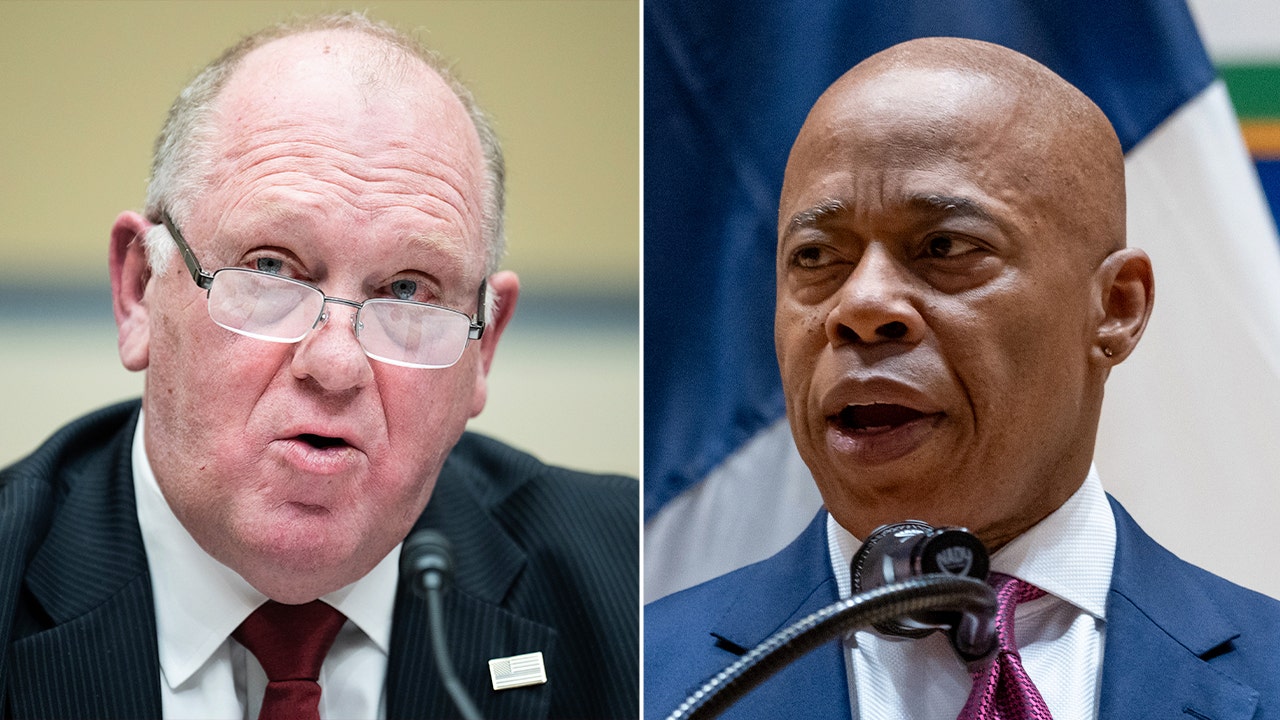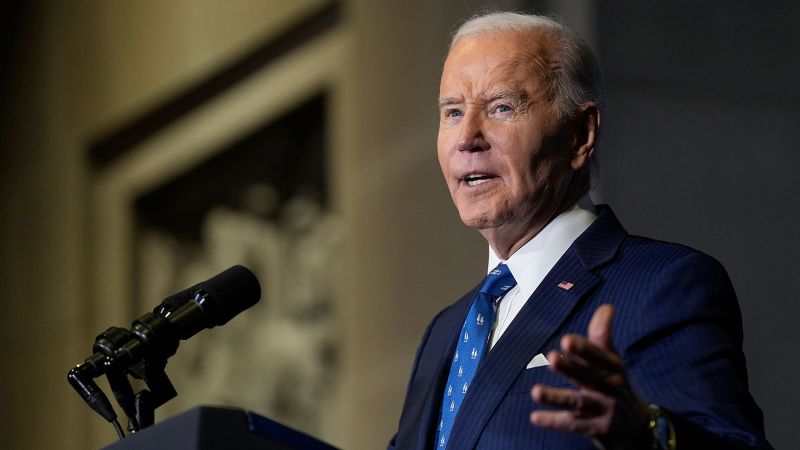Instead of being able to calmly focus on her chemotherapy treatment, Arete Tsoukalas had to spend hours on the phone arguing with her insurer while receiving infusions in the hospital.
Diagnosed with leukemia three years ago, Tsoukalas, 26, was stunned to learn that her insurer’s coverage of the drug she needed came with a $13,000 monthly copay, which the recent college graduate could not afford. She was forced to go without the medication for three months, when she was finally able to obtain it through the drug manufacturer’s assistance program.
“No one should have to be fighting cancer and insurance at the same time,” Tsoukalas, a West Lafayette, Indiana, resident who is now in law school, told . “It’s such a cruel system. We live in a country where people are truly kicked down when they are at their weakest and most vulnerable, both physically and emotionally.”
Tsoukalas, who is now in remission, is far from alone. Americans’ pent-up fury with the nation’s health insurance industry burst into the spotlight last week after the fatal shooting of UnitedHealthcare CEO Brian Thompson in midtown Manhattan. They flooded social media with posts and videos about denials of medical treatments and claims, as well as other frustrations with the complicated system.
Police on Monday arrested Luigi Mangione, the suspect in the executive’s killing. Mangione underwent surgery to treat back pain in recent years, according to a friend and online postings. The backdrop of his X account included a photo of an X-ray of a spine with screws in it, and he reported reading or wanting to read a number of books about coping with chronic back pain on Goodreads, the book review website.
The majority of insured US adults had at least one health insurance problem – including denial of claims – in the span of a year, according to a survey released in June 2023 by KFF, a nonprofit health policy research group. Still, 81% of respondents rated their health insurance as “excellent” or “good,” the same survey found.
More than 200 readers have written to since the shooting about their experiences with their insurers. While some had positive stories, many relayed problems with having treatments and care denied, receiving unexpected medical bills and getting the runaround when trying to resolve the issues – all while paying high premiums and out-of-pocket costs. Several medical providers also wrote of the hours they and their staff spend trying to get their patients’ care approved.
Isaac Rosenbloom, 43, doesn’t know whether he has cancer because his insurer won’t approve an MRI for nodules on his lungs, which were found on an X-ray when the Pueblo, Colorado, resident had an appendectomy. He plans to appeal, but he’s not hopeful of getting the decision reversed.
“Do I have to wait until I start coughing up blood?” Rosenbloom, a paramedic and father of four. “Wait until it’s Stage 3 before the insurance company takes it seriously – and will it be too late then?”

Some Americans feel they have no choice but to get the care their doctors recommend, even if their insurers deny it. That can result in massive bills. Roughly 41% of adults had debt caused by medical or dental bills, according to a 2022 KFF Health Care Debt Survey. A separate KFF analysis of 2021 Census data suggested that people owe at least $220 billion in medical debt.
After Melanie Duquette, 70, had extensive back surgery earlier this year, her doctor sent her to a rehab center to recover since it wasn’t safe for her to be home alone. But after six weeks, her insurer said it would not pay for any additional time, even though her medical team argued that she should remain. Duquette, who has worked as a registered nurse for nearly 50 years, told she was afraid to leave because she still needed help getting out of bed and going to the bathroom and felt unsteady on her feet – so she stayed for several more weeks.
Now, Duquette is stuck with a $14,000 bill that she says she can never afford to pay and may have to declare bankruptcy. Adding to her anger: She paid several hundred dollars a month for the best insurance plan her employer offered so she’d have more comprehensive coverage.
“They deny people care while they’re making millions of dollars,” said Duquette, who lives in Worchester, Massachusetts.















